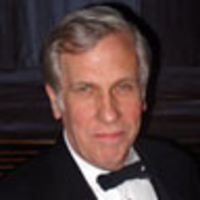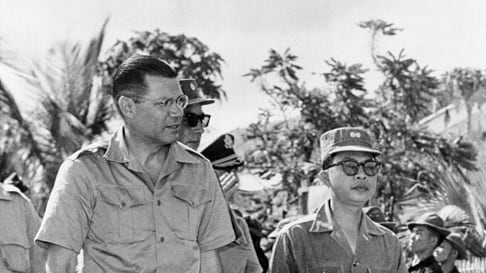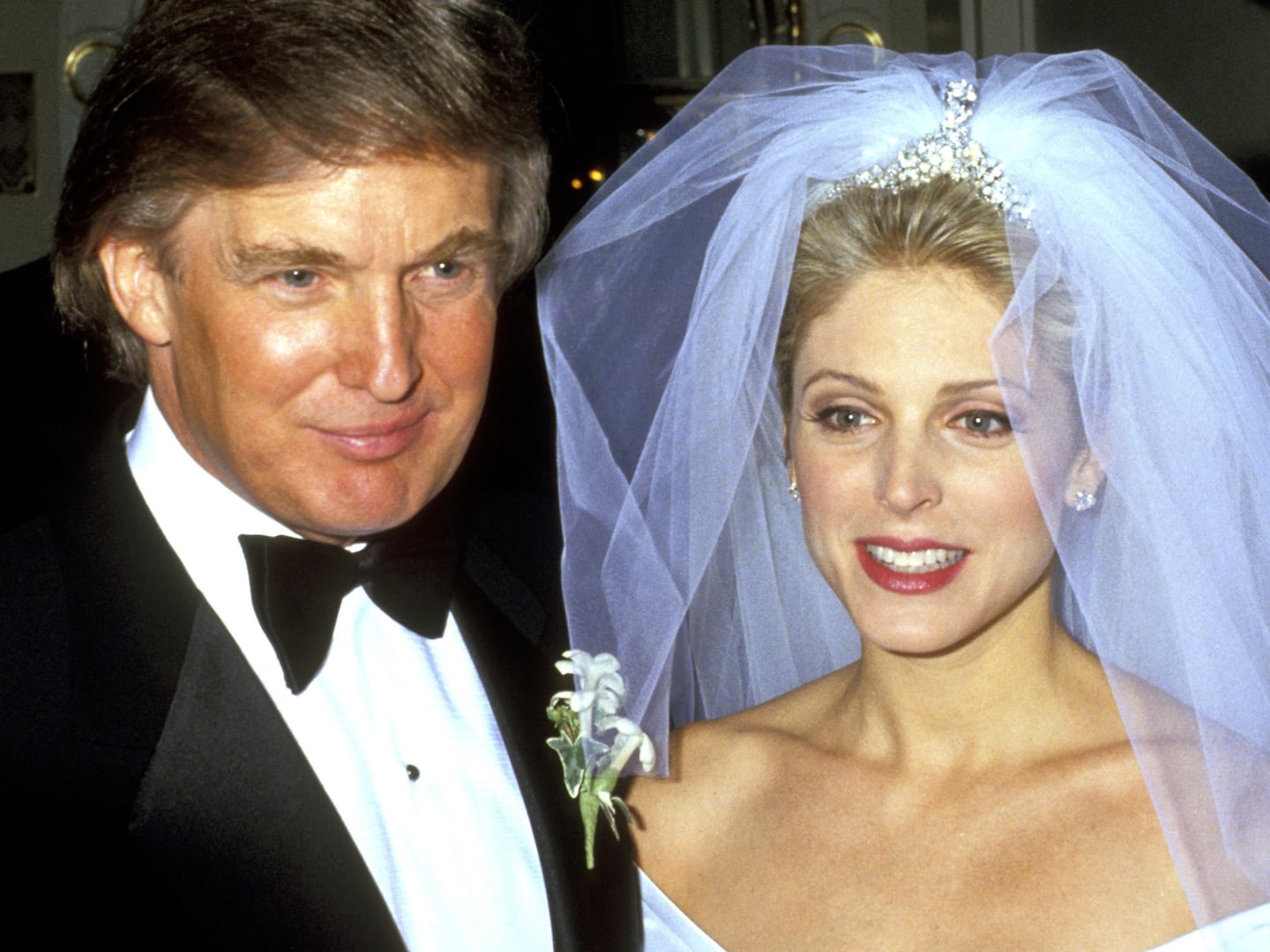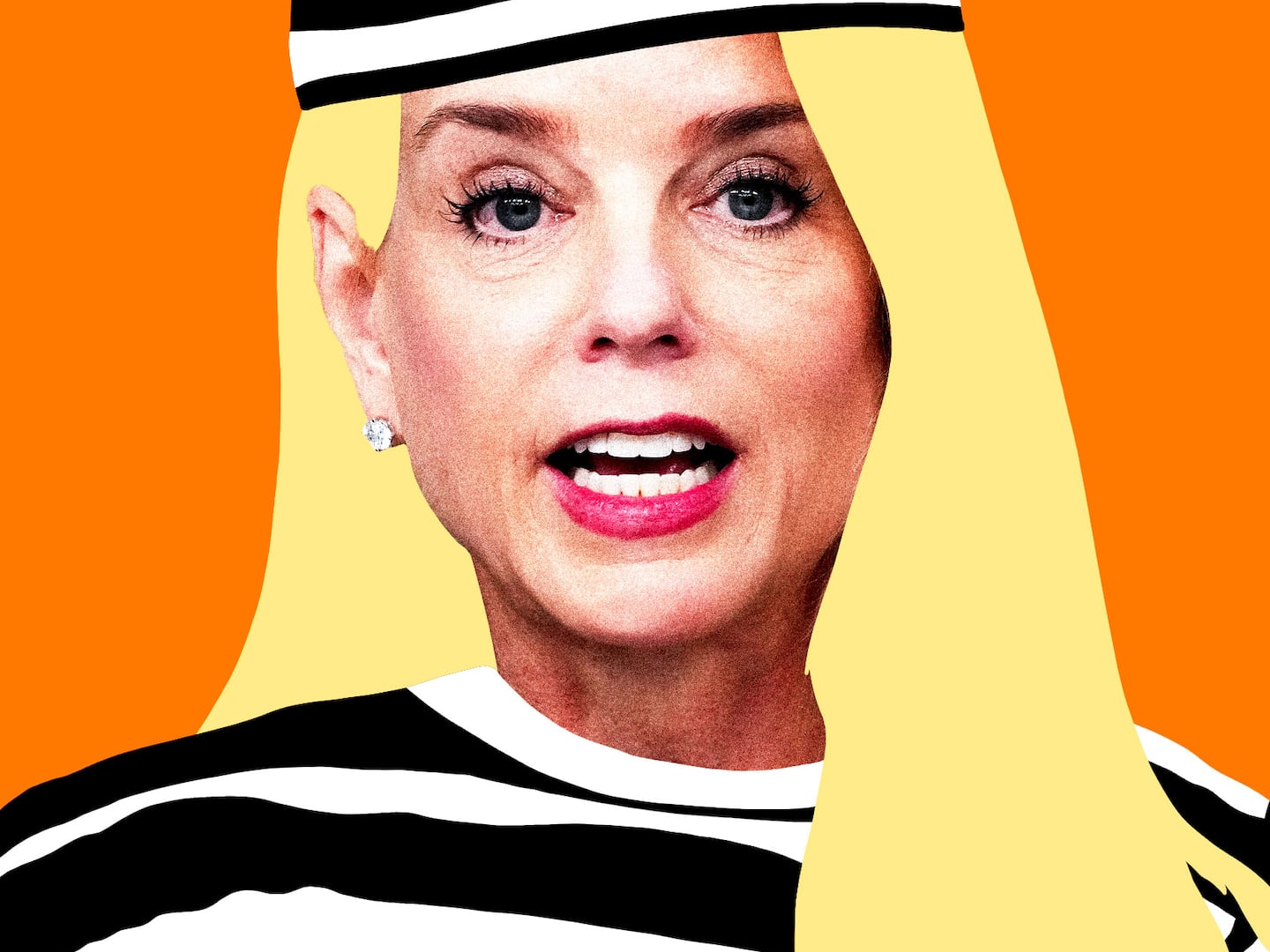
In February 1968, when I first arrived in Vietnam as a reporter for Newsweek, Robert McNamara was a figure of both mirth and rage in Saigon conversations. In December 1967, he had announced that he was stepping down as secretary of Defense, and in public still appeared to be as much of a boastful hawk as he had ever been.
The mirth came from imagining how he would twist the Tet Offensive, which was under way, into “progress.” The attacks contradicted nearly everything he had been saying over the years. The rage came from his defiant belief in the fiction of the domino theory—if Vietnam fell, all the nations of Asia would follow—and his bloodless recitation of numbers, of body counts, throughout his tenure.
The soldier helped me understand the deeper meaning of McNamara’s belief in statistics, firepower, and the carnage that ensued: “The trouble is [the Vietnamese] fuck faster than we can reload.”
Numbers and more numbers came from McNamara and his minions, and they translated into bloodshed for the troops whom he deceived long after he had “doubts,” and bloodshed for the Vietnamese who bore the brunt of his belief in firepower—incalculable tons of firepower.
On my fourth day “in country,” I went to Hue, where the Marines were regaining control. I shared a helicopter with a soldier who told me he had been in Vietnam for two years.
“Now the whole country’s a free-fire zone,” he said, with a disturbing cheerfulness. Then he provided his own metric of what was going on, and it has always helped me understand the deeper meaning of McNamara’s belief in statistics, firepower, and the carnage that ensued.
“The trouble is [the Vietnamese] fuck faster than we can reload,” the soldier said.
It’s understandable and probably correct to think of McNamara as a super accountant who dreamed in equations. But I prefer to think of him as just another descendant of Alden Pyle, the villain of Graham Greene’s 1955 masterpiece, The Quiet American. I reread the book when I arrived in Saigon, and I like to reread it every few years. It was especially resonant in Saigon back then because the spirit of Greene—he was quite alive, if not actually present—suffused the old French-style city and the corridors of the Continental Hotel. One could read his pages and then encounter Americans who seemed to have read the book as a recipe for how to behave.
Thomas Fowler is the jaded British journalist who is Greene’s narrator and alter ego. He and Pyle become friends and suitors of the incomparable Phuong. To make a brisk story very short, Pyle believes in the domino theory, and a wacko “Third Force.” He takes part in, and bungles, a plot that kills hundreds of people right outside the Continental Hotel. Pyle himself ends up dead.
Along the way, Fowler says of Pyle: “I never knew a man who had better motives for all the trouble he caused.”
Fowler reads Pyle clearly and tries to caution him, saying, “We are the old colonial people, Pyle, but we’ve learnt a bit of reality, we’ve learned not to play with matches...”
When Pyle is dead, Fowler says, “Perhaps I should have seen that fanatic gleam, the quick response to a phrase, the magic sound of figures…I might have saved all of us a lot of trouble, even Pyle, if I had realized the direction of that indefatigable young brain…When he saw a dead body he couldn’t even see the wounds. A Red menace, a soldier of democracy…he was determined…I learnt that very soon—to do good, not to any individual person but to a country, a continent a world…”
Pyle, Fowler says, “was as incapable of imagining pain or danger to himself as he was incapable of conceiving the pain he might cause others…Yet he was sincere in his way: It was coincidence that the sacrifices were all paid by others.”
After Pyle’s misbegotten bomb has caused havoc in the Saigon streets, Fowler says, “A woman sat on the ground with what was left of her baby in her lap; with a kind of modesty she had covered it with her straw peasant hat. She was still and silent, and what struck me most in square was the silence...The legless torso at the edge of the garden still twitched, like a chicken which has lost its head…Pyle said ‘It’s awful.’ He looked at the wet on his shoes and said in a sick voice, ‘What’s that?’
“‘Blood,’ I said. ‘Haven’t you ever seen it before?’...He was seeing a real war for the first time…He looked white and beaten and ready to faint, and I thought, ‘What’s the good? He’ll always be innocent, you can’t blame the innocent, they are always guiltless. All you can do is control them, or eliminate them. Innocence is a kind of insanity’…He was impregnably armored by his good intentions and his ignorance.”
Pyle pulls himself together and looks at the carnage he has caused. He speaks to Fowler: “They were only war casualties. It was a pity, but you can’t always hit your target. Anyway they died in the right cause…In a way you could say they died for democracy.”
Greene saw McNamara coming—and even more amazingly, saw George W. Bush in the future. I say this because my last rereading of The Quiet American was just two years ago, when Bush cited the book in a speech in August 2007 to the VFW. Our current predicament in Iraq and Afghanistan is more easily understood when we understand that Bush thought Alden Pyle was the hero. There’s no doubt about it.
Even McNamara might have thought that was silly, eventually.
Kevin Buckley was a reporter and Saigon bureau chief for Newsweek between 1968 and 1972. He is the author of Panama—The Whole Story (Simon & Schuster, 1991). He is a contributing editor of Playboy and an adjunct professor at the Columbia University Graduate School of Journalism.






